2016-2017 Visiting Researchers
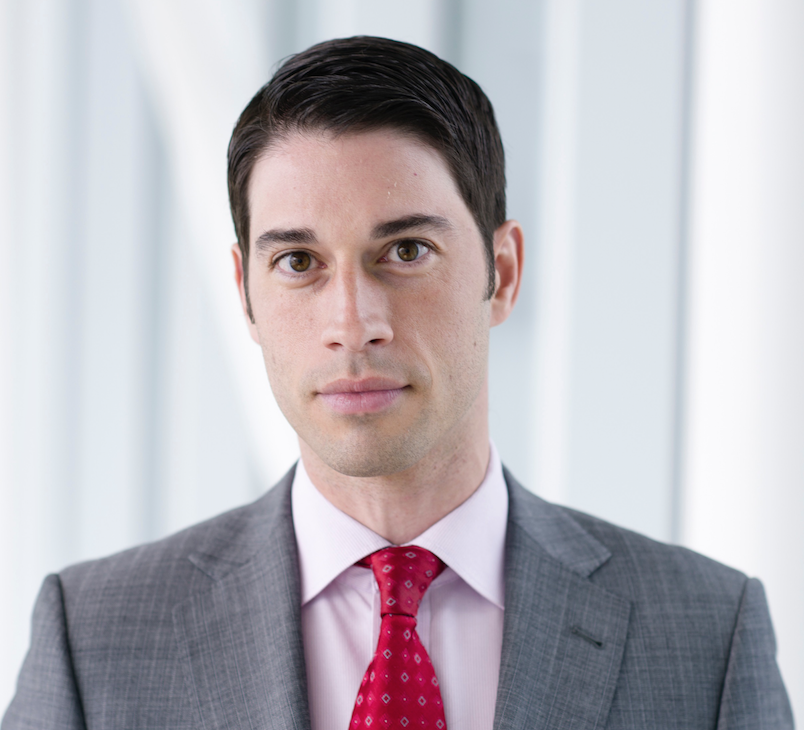
César Alvarez Alonso
César Alvarez Alonso
César Alvarez Alonso holds a Ph.D. in Law and Political Science, an international M.A. in University Management from the Universidad de Alcalá, a M.A. in Political Science and Public Administration from the Universidad Complutense de Madrid, and a M.A. in Law from the Universidad de Valladolid. He also pursued his studies in Law at the universities of Liège and Salzburg. He has served in a number of roles both at international and national levels in advisory groups and executive positions such as the Bologna Follow-Up Group, the US-Spain Fulbright Commission and Observer of the European Union to the EUALC process. During his period as Executive Director of a European universities network, he was responsible for strategic planning, team building, project planning, management, follow-up and assessment of EU funded projects.
He also worked in Central Africa as an international consultant. His main fields of interest are International Public Law, Public Diplomacy, Asylum and Migration Law. César currently conducts research on the legal implications of the European refugee crisis in a comparative perspective.
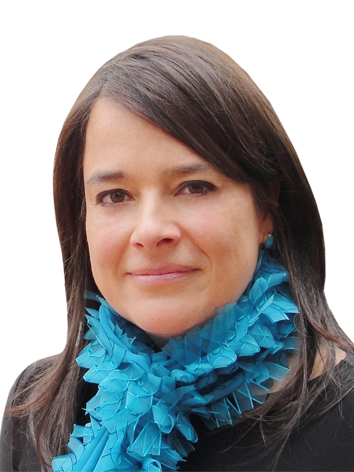
Helena Alviar
Helena Alviar
Helena Alviar holds an S.J.D. and LL.M. from Harvard Law School and is a lawyer from the Universidad de Los Andes in Bogotá, Colombia. She currently serves as Dean of Los Andes Law School and holds tenure as a full professor (profesora titular). She has worked as a teacher at other universities in Colombia and abroad, such as the University of Miami, University of Pennsylvania, Università di Torino, Universidad de Puerto Rico and University of Wisconsin in Madison. As an expert in feminist approaches to law and the relationship between law and development, she has been a lecturer in several conferences in multiple countries. She is the author of books, book chapters, published academic papers and essays including The Unending Quest for Land: The Tale of Broken Constitutional Promises in the Texas Law Review Symposium in 2011; Legal Reform, Social Policy, and Gendered Redistribution in Colombia: The Role of the Family in the American University Journal of Gender Social Policy & the Law; Law, Development, and Feminism in Latin America in 2008; and Distribution of resources led by courts: a few words of caution in the book Social and Economic Rights in Theory and Practice in 2014.

Jordan Brennan
Jordan Brennan
Jordan Brennan works as an economist for Unifor, Canada’s largest private sector labour union. He is also a research associate of the Canadian Centre for Policy Alternatives and a blogger for the Institute for Research on Public Policy. Jordan holds a bachelor degree in economics and accounting from Wilfrid Laurier University. His master’s and doctoral degrees, both in political science, were conferred by York University in Toronto. Jordan’s doctoral dissertation explored the postwar co-evolution of large firms and economic inequality in Canada.
His scholarly research examines the interplay between long-term structural adjustments in the political economy and the distribution of income, including published research on corporate concentration, labour unions, inflation, trade and investment liberalization, corporate governance, the minimum and living wages and corporate income taxation. Jordan’s research and writing has appeared in academic forums and in popular media outlets, including the Toronto Star, The Globe & Mail, National Post, CBC News and Huffington Post. Prior to joining Unifor, Jordan was a tutorial instructor at York University and contract faculty at George Brown College. Prior to his time in graduate school Jordan worked in the Research Unit of the Ontario Ministry of Health. Prior to that, he was a researcher at the Institute for Competitiveness and Prosperity, a public policy think-tank. Born in Toronto, Jordan currently resides there with his lovely wife and adorable son. Jordan’s research materials are available on his website: www.jordanbrennan.org. Follow him on twitter: @JordanPWBrennan.
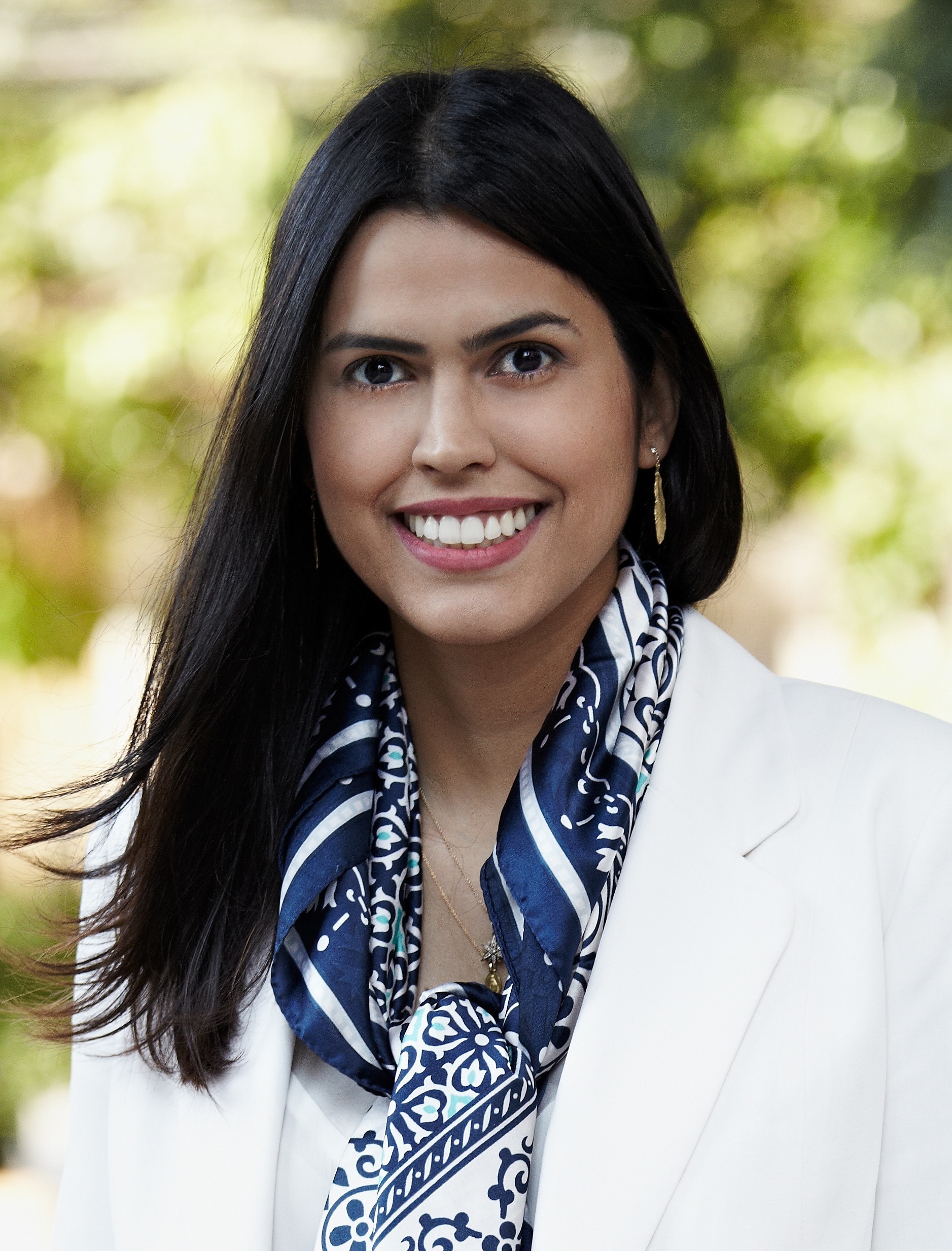
Lilian Cintra de Melo
Lilian Cintra de Melo
Lilian Cintra de Melo is both a visiting researcher at Harvard Law School’s Institute for Global Law and Policy (IGLP) and a Ph.D. candidate at the University of São Paulo Law School (USP). Her Bachelor of Laws work at USP included a yearlong sojourn (2009/2010) at the Institut d`Études Politiques de Paris (Sciences Po, Paris). Previously, along with serving as a USP teaching assistant, she coordinated the activities of USP’s “Law and Poverty” Research Group, which focuses especially on public policies related to the right to health and education, analyzing how legal structures may bear upon Brazil’s social inequality and poverty. She worked as an associate attorney at PG Law, practicing Human Rights for Business and Corporate Governance. Her research field is Law and Development, with an emphasis on Internet Regulation. Her current research seeks to develop critical reflections on the new Brazilian legal framework that aim to regulate Internet development.
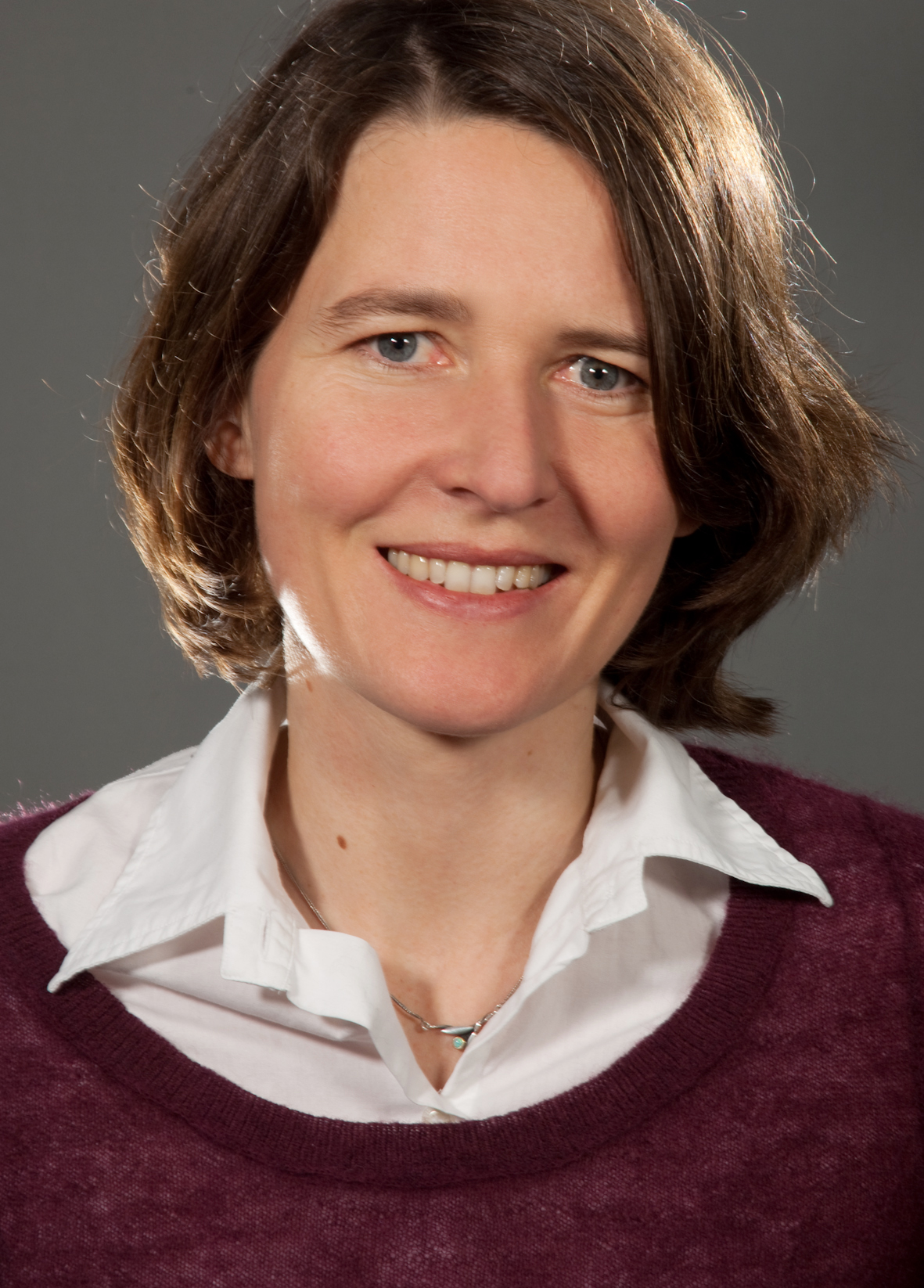
Isabel Feichtner
Isabel Feichtner
Isabel Feichtner is Associate Professor for Law at Goethe University, Frankfurt. She studied law in Freiburg i. Br., Amsterdam, Berlin and New York, obtained an LL.M. from Cardozo Law School as a Fulbright scholar and was admitted to the New York Bar in 2001. In 2000 she joined the New York office of Cravath, Swaine & Moore as a corporate associate for one year. After completing her legal training in Berlin in 2004 she became a senior research fellow at the Max Planck Institute for Comparative Public Law and International Law in Heidelberg. In 2006 and 2007 she was a Visiting Doctoral Researcher at NYU Law School and teaching assistant to Joseph Weiler. In 2010 she completed her doctoral dissertation “The Law and Politics of WTO Waivers – Stability and Flexibility in Public International Law” which was published by Cambridge University Press. Her research focuses on international economic law, transnational resource governance and monetary sovereignty. She is a member of the International Law Association Committee on the Role of International Law in Sustainable Natural Resource Management for Development and the editorial board of the European Journal of International Law.
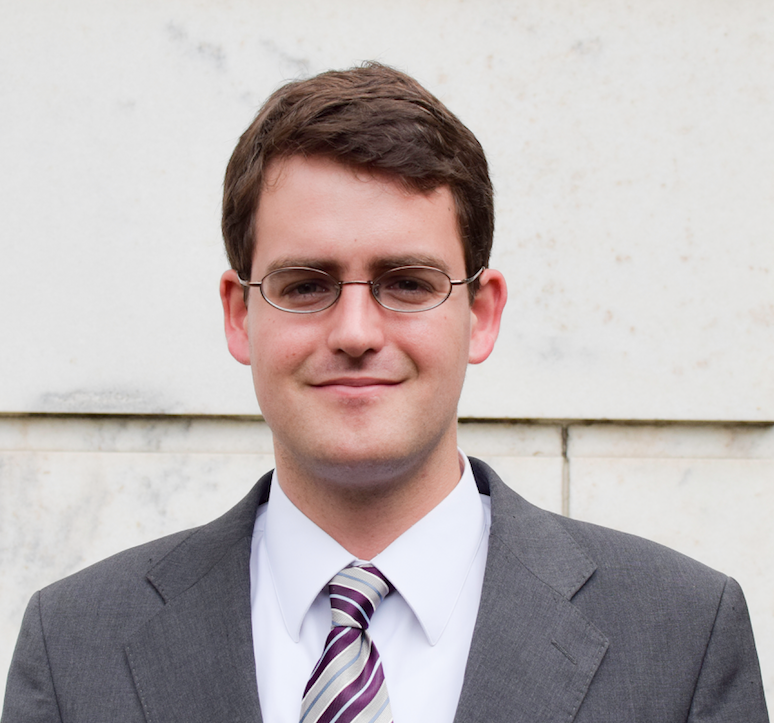
Eugenio Briales Gómez-Tarragona
Eugenio Briales Gómez-Tarragona
Eugenio Briales Gómez-Tarragona is a fellow with the Real Colegio Complutense at Harvard where he co-chairs the Study Group on EU Economic Governance and Integration. He is also a visiting professor at Nanjing University of Finance and Economics, where he teaches secured transactions. Additionally, he is a member of the World Bank Insolvency and Creditor/Debtor Regimes Task Force, APEC´s Financial Infrastructure Development Network and the International Insolvency Institute’s NextGen Leadership Program. He is currently working on projects exploring topics in modern policy, legal, regulatory frameworks at the interface of financial infrastructure -corporate restructuring, collateralized lending and payment systems- and technology infrastructure -with an emphasis on distributed ledger technologies- through targeted in- and cross-country policy, legal and regulatory analyses aimed at spurring system integration and financial inclusion.
During the past decade he has served in a series of senior law and policy positions, including at Citigroup, DLA Piper M&A and finance practices, the International Finance Corporation, the IMF, the Organization of American States, the UN Commission on International Trade Law and the Spanish Ministry of Foreign Affairs for the Presidency of the Council of the EU. He received a J.D. from Complutense University of Madrid and Securities, Financial Regulation, and Public Policy degrees from Georgetown University, where he was a Global Teaching Fellow (Anti-Corruption and International M&A) and a Fellow at the Institute of International Economic Law. He also holds executive education diplomas in global leadership, law and economics from Harvard University.
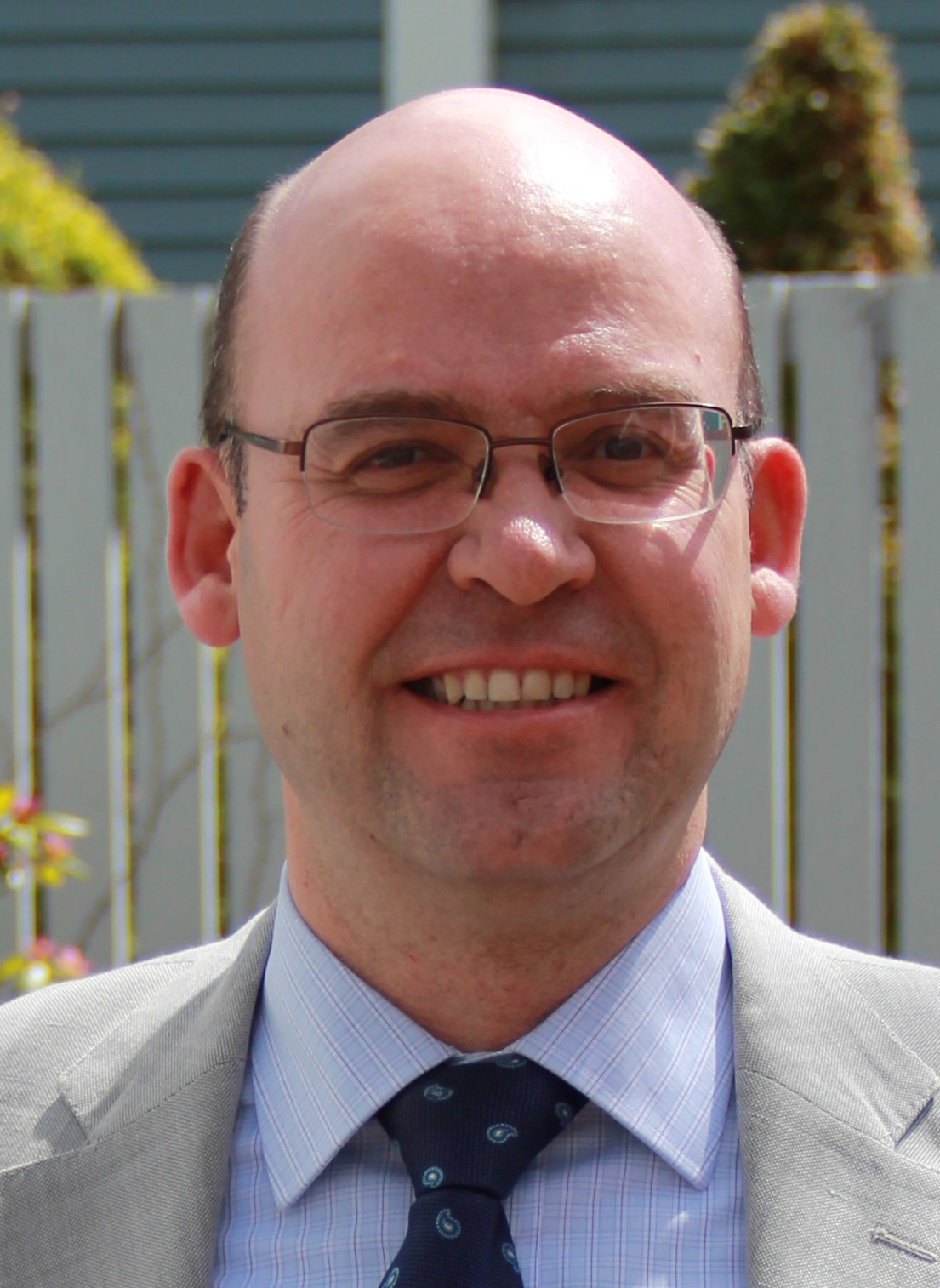
Manuel Guillen
Manuel Guillen
Manuel Guillen is Tenured Professor of Management in the “Juan José Renau Piqueras” Department of Business Administration at the University of Valencia. He holds a Ph.D. in Economics and Business Administration from the University of Valencia (1998) and a degree in Business Administration from the same university. Manuel specializes in the area of leadership and trust in organizations. He is the founder and principal researcher of the Institute for Ethics in Communication and Organizations (IECO), and the Director of the IECO-UNESCO Chair in “Management, Governance, Trust and Otherness” at the Valencia Campus of International Excellence.
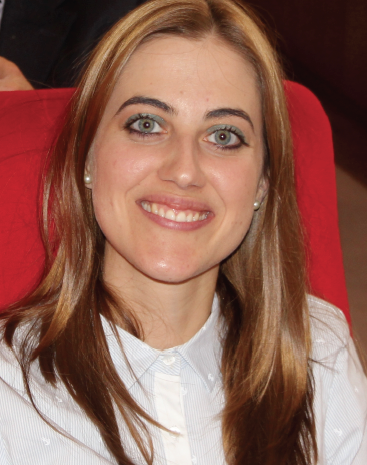
Briseida Sofia Jimenez Gomez
Briseida Sofia Jimenez Gomez
Briseida Sofia Jimenez Gomez is a doctoral candidate the Universidad Complutense de Madrid. She holds an LL.M. in European Law from the College of Europe (Bruges) and two Bachelors in Law and Business Administration from Murcia University, Spain. Her research fields are Private International Law, EU Competition Law and Internet Law. Recently, she completed research stays in foreign institutions such as Humboldt University in Berlin. In her term as visiting researcher, Ms. Jiménez Gómez is working on her doctorate in international issues concerning security interests in intellectual property.
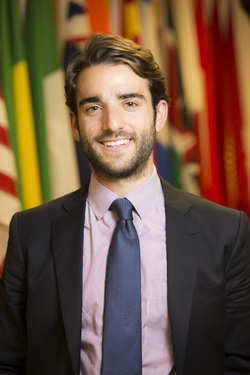
Justin Kanter
Justin Kanter
Justin Kanter received a M.A. from Tufts University in 2011, a J.D. from the University of Virginia School of Law in 2014, and an LL.M. in International Law from The Fletcher School at Tufts University in 2016 (expected summer 2016). As an undergraduate, Justin concentrated on European History and Western Political Theory. While at the University of Virginia, he turned his attention to corporate law, international financial regulation, corporate strategy, and international law from a corporate transactional perspective. At the Fletcher School, Justin focused on public international law, international relations, and began to explore the relationship between philosophy, global governance and legal theory. Between the University of Virginia and Fletcher, Justin worked as an Associate in the Corporate Practice Group at WilmerHale LLP. At the IGLP, Justin will continue his examination of the extent to which political and social thought can inform one’s understanding of social phenomena, and the manner in which it should be communicated to global decision-makers. Overall, he hopes to deepen his understanding of the nexus between power, morality and governance so that he can better address the needs of global society.
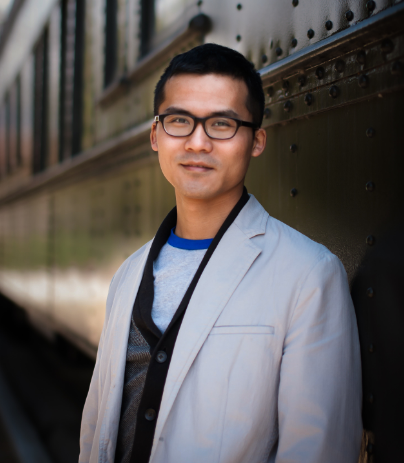
Yang Liu
Yang Liu
Yang Liu is an S.J.D. Candidate at the UCLA School of Law. He also holds an LL.M. degree from Harvard Law School. His primary research interest is public international law. From 2014 to 2015, Yang worked at the International Court of Justice as a University Trainee clerk. His S.J.D. dissertation focused on judicial politics in international courts and tribunals including the use of non liquet at the ICJ, interpretation of treaty objectives and purposes by WTO panels, and the norm dynamics among international tribunals and the UN. He has been invited to talk at some major fora in the US, Europe and Asia, including the Annual Meeting of ASIL. During his time with IGLP, Yang will utilize Harvard Law Library’s special collection to do research on the origin of China’s foreign relations law and the role of international lawyers in the making of the Constitution.
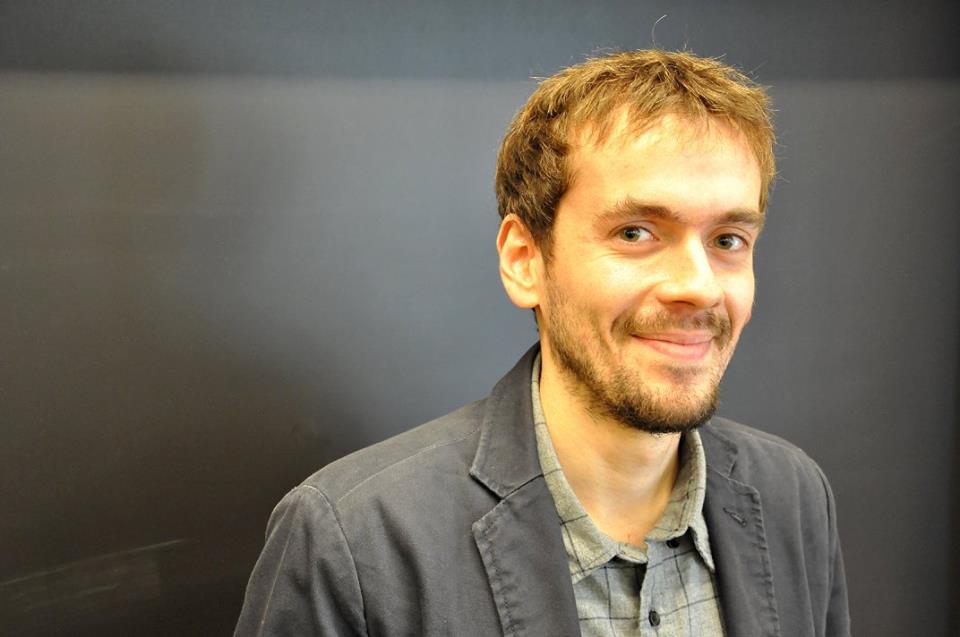
Flávio Marques Prol
Flávio Marques Prol
Flávio Marques Prol is a Ph.D. Candidate at the University of São Paulo Law School (USP) and a researcher at the Brazilian Center of Analysis and Planning (CEBRAP). Prior to joining the IGLP, Flavio served as Subsecretary of Planning, Budget and Management for the Ministry of Justice in Brazil. He was a Fox Fellow at Yale University in 2013-2014, where he researched democratic accountability of fiscal policy. He holds a Master in Law and a Bachelor of Laws degree from the University of São Paulo. He was also a Linkage Student at Yale Law School during his undergraduate studies.
Flávio is interested in the relationship between legal institutions, democracy and macroeconomics. His current research focuses on the democratic accountability and economic impacts of budgetary rules and institutions.
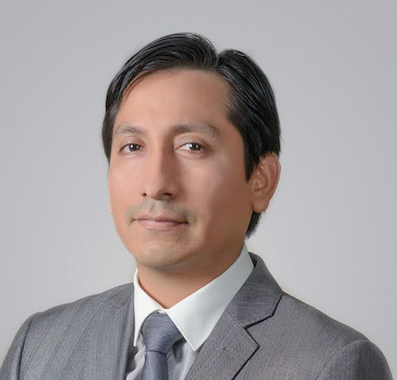
Roger Merino Acuña
Roger Merino Acuña
Roger Merino Acuña is a Professor of Public Policy and Legal Theory at the Universidad del Pacífico in Lima, Peru. He received a Ph.D. in Social and Policy Sciences and a Master’s degree with distinction in Globalization and International Policy at the University of Bath. He also received a Master’s degree with distinction in Comparative Law and Economics from the International University College of Turin and a Master’s degree with distinction in Civil and Commercial Law at San Marcos National University in Lima, Peru. Roger’s research agenda includes critical approaches to Comparative Law and Policy, Law and Development, Environmental Law and Policy, indigenous rights and social and economic rights.
He has recently published the book: Justicia Social y Economía en la Teoría del Derecho. Las intersecciones entre el Derecho, la Economía y la Política (Palestra: Lima, 2016), and the article: “An alternative to ‘alternative development’? Buen vivir and human development in Andean countries” (Oxford Development Studies, 44(3), 2016). Currently, he is working on critical approaches to Environmental Law and other transnational academic projects, and is developing a book that studies how the indigenous peoples’ opposition to transnational corporations and state economic policies is pushing the transformation of the state form in Latin America. This research is based on his experience as public policy specialist and director in Peruvian state agencies and in his doctoral fieldwork in the Amazon.
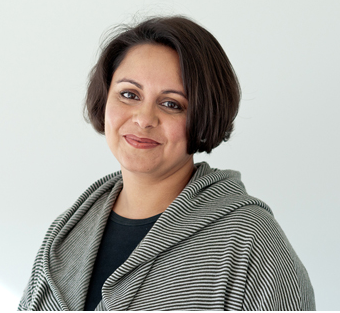
Sundhya Pahuja
Sundhya Pahuja
Sundhya Pahuja is a Professor of International Law and the Director of the Institute for International Law and the Humanities at the Melbourne Law School and a 2016 Fulbright Senior Scholar at the IGLP. Her research focuses on the question of global inequality and its relationship to international law and institutions, both in terms of how they may contribute to the amelioration of inequality, but also to its perpetuation. Sundhya has a strong ties with India, which find expression in her scholarly interests in the historical legacies of imperialism and anti-imperial struggles, expressed in legal and non-legal terms. One example is her book, Decolonising International Law: Development, Growth and the Politics of Universality which won the American Society of International Law prize in 2012, and the Woodward Medal in the Humanities and Social Sciences in 2014.
From 2012 – 2015, Sundhya concurrently held a Research Chair in Law at SOAS, University of London. She has held visiting positions at the London School of Economics, Birkbeck, New York University, University of British Colombia and Sydney University. She serves as Global Faculty at the Harvard Law School’s Institute for Global Law and Policy and is Affiliate Faculty of the European Collaborative Doctoral Programme in Globalisation and Legal Theory. In 2014, Sundhya was invited to serve as the Director of Studies in Public International Law at the Hague Academy of International Law, co-located at the Peace Palace with the International Court of Justice. Before becoming an academic, Sundhya worked as a commercial lawyer in Melbourne, a research associate in international law and human rights at the EUI in Florence, and for several years chaired the Committee of Management at the Darebin Community Legal Centre. She is a founding member of the trilingual French/English/Spanish network, Global Justice/Injustice.
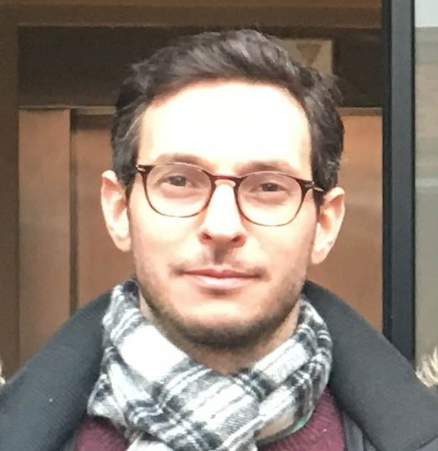
Mauro Leonardo Pucheta
Mauro Leonardo Pucheta
Mauro Leonardo Pucheta is a Ph.D. researcher at the University of Nottingham. He has obtained a B.A. in Laws from Universidad Nacional de Córdoba (Argentina) and a Postgraduate Specialisation degree in South American Labour Laws from the Universidad Nacional del Litoral (Argentina). He has also pursued postgraduate studies in European law at the Universidad Castilla-La Mancha. He holds a Master’s degree in International, European and French Labour Law from Université Panthéon-Sorbonne (Paris I). Mauro was admitted into the bar in Córdoba in 2007. He worked for 5 years in different law firms as an employment lawyer and did an internship at the Social Dialogue Department at the International Training Centre – International Labor Organization (2010).
He was a teaching assistant in labor law at the Universidad Nacional de Córdoba and a tutor in European law in both Université Panthéon-Sorbonne (Paris I) and the University of Nottingham. His principal research interests are employment/labor law, comparative law, European Union, Mercosur and Latin American regional integration. In his semester as a visiting researcher at the IGLP, Mauro is focusing on the diverse conceptualization of the fundamental rights and their role within the EU and Latin American integration processes.
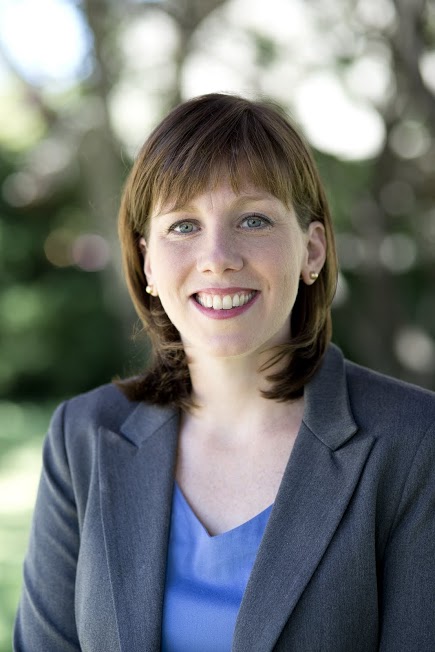
Rachel Rebouché
Rachel Rebouché
Rachel Rebouché is an Associate Professor at Temple University Beasley School of Law, where she teaches Family Law, Health Law, and Comparative Family Law. Prior to joining the Temple faculty, Professor Rebouche was an assistant professor at the University of Florida Levin College of Law. Her current research is in the areas of genetic testing, divorce law reform, reproductive health care, and governance feminism. Following law school, she was an associate director of adolescent health programs at the National Partnership for Women & Families (formerly, the Women’s Legal Defense Fund) and a Women’s Law and Public Policy Fellow at the National Women’s Law Center. Professor Rebouche clerked for Justice Kate O’Regan on the Constitutional Court of South Africa. She is the recipient of awards that include the Harry S. Truman Scholarship, George Mitchell Scholarship, and the Harvard Frederick Sheldon Fellowship. She received a J.D. from Harvard Law School, LLM from Queen’s University, Belfast, and B.A. from Trinity University.
Prior to law school, she worked as a researcher for the Northern Ireland Human Rights Commission and the Human Rights Centre at Queen’s University, Belfast.

Marlese Von Broembsen
Marlese Von Broembsen
Marlese Von Broembsen has a background in both law and development. A Senior Lecturer in the Centre for Law and Society, she lectures in the Law Faculty, where she has convened an interdisciplinary Master’s in Social Justice since 2009. After qualifying as an attorney, Marlese worked grassroots with informal businesses for four years and subsequently engaged in research and policy work on the informal economy and small business development. She was a partner in a consultancy based in Cape Town and Kenya and after completing a Masters in Development Studies, taught Social Policy at the Institute for Social Development, University of the Western Cape. Thereafter, she worked for the Graduate School of Business, UCT as the lead researcher for the Global Entrepreneurship Monitor. Her focus has shifted from the informal economy to the political economy of work and more particularly to work in the context of global chains. She writes on labour law and development, the informal economy, and on value chains. Marlese has started her Ph.D. at the University of Cape Town and is a David and Elaine Potter Fellow. In 2015 she completed her at LL.M. at Harvard Law School, as a Harvard-South Africa Fellow. She serves on UCT’s committee on Poverty and Inequality, and is part of a project on Unemployment and Labour Markets in the Economics Faculty, UCT, as well as a global project on Law and Informality, convened by Harvard Lecturers, Marty Chen and Prof. Lucie White. Her passion is to start a research and teaching focus on economic justice in partnership with the UCT’s Economics Faculty.